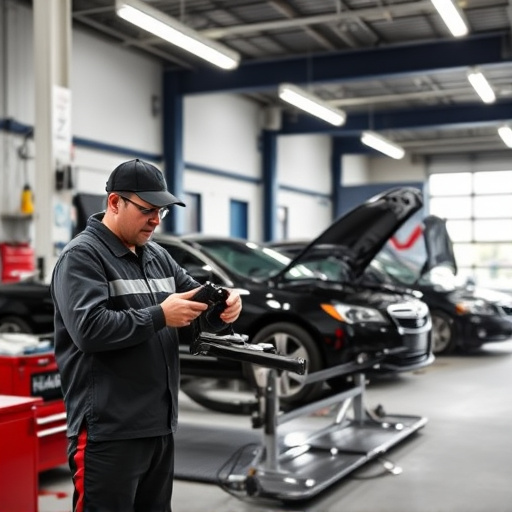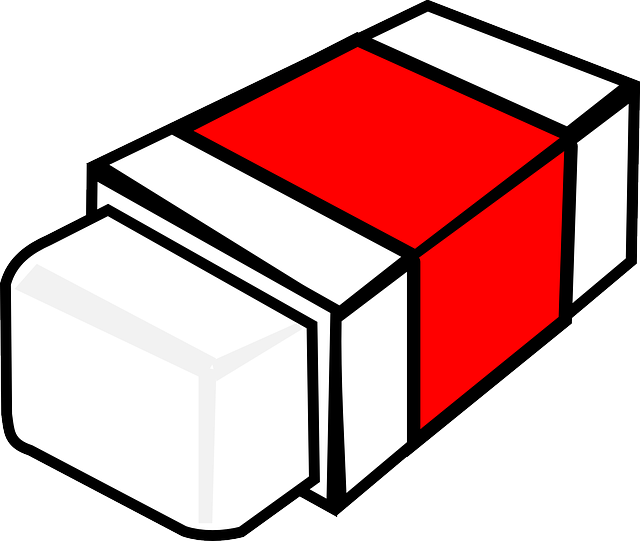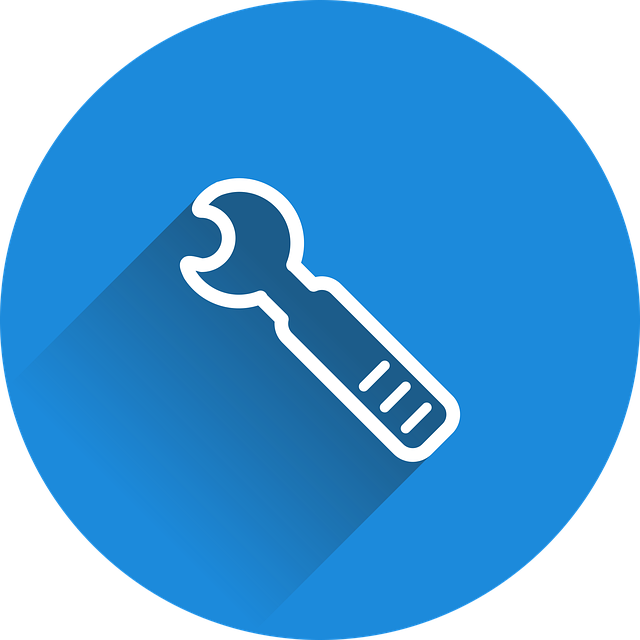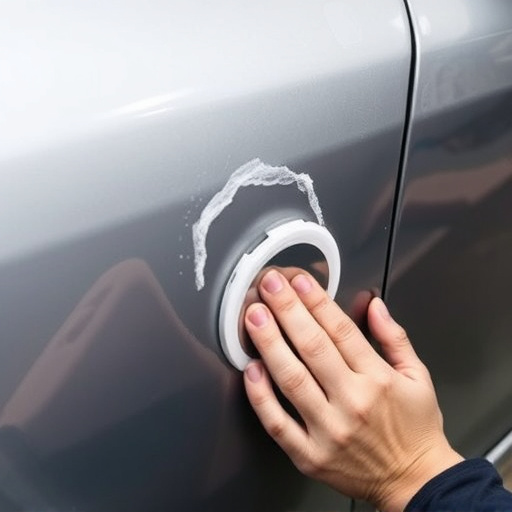Understanding escalation triggers in insurance claim management benefits both insurers and policyholders. Insurers use underwriters to assess risks and adjusters to handle claims, negotiate settlements, and coordinate repairs, ensuring fairness and accuracy. Clear communication through transparent dialogue and specialized channels resolves disputes efficiently, enhances customer satisfaction, and expedites vehicle repair services.
In the intricate world of insurance claim management, disputes can arise, requiring careful navigation. When these conflicts escalate, specialized handling is essential. This article guides you through the critical aspects of managing escalated insurance claims. We explore common triggers, highlighting the pivotal roles underwriters and adjusters play in resolving such disputes. Moreover, it offers effective communication strategies to ensure fair resolutions, emphasizing the importance of clear, consistent messaging throughout the process.
- Understanding Escalation Triggers in Claim Management
- The Role of Underwriters and Adjusters in Disputes
- Effective Communication Strategies for Dispute Resolution
Understanding Escalation Triggers in Claim Management
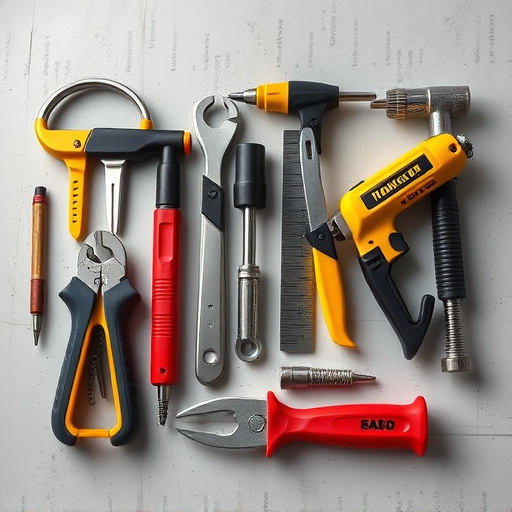
In insurance claim management, understanding escalation triggers is paramount to effectively resolving disputes. Escalation often becomes necessary when initial attempts to resolve a claim fail or when the complexity of the case demands specialized attention. Common triggers include significant discrepancies between the assessed value of damaged property, like a vehicle restoration, and the insurer’s offer; or when there are allegations of inadequate or delayed repairs at a vehicle body shop. In such scenarios, both parties may require additional support to reach a mutually agreeable outcome.
The process involves careful consideration of all relevant facts, including documentation from vehicle repair shops detailing the extent of damage and proposed repair methods. For instance, if a policyholder believes their vehicle’s repair estimate is too low, escalating the claim allows for further negotiation or expert assessment. This ensures fairness and accuracy in insurance claim management, especially when dealing with intricate cases that may have significant financial implications for both the insured and insurer.
The Role of Underwriters and Adjusters in Disputes
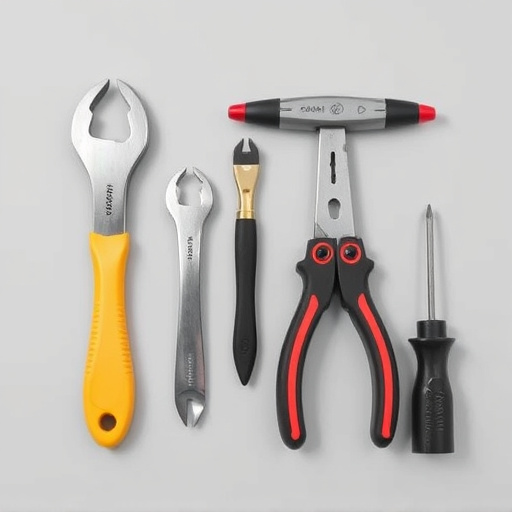
Insurers rely on underwriters and adjusters to manage insurance claim disputes effectively. Underwriters play a crucial role in evaluating risks and determining policy eligibility during the initial stages of an application, using their expertise to ensure fair premiums. When a dispute arises from a claim, underwriters contribute by reviewing policies, assessing coverage terms, and providing insights into potential risks or misrepresentations. They help identify patterns or fraudulent activities that could lead to policy cancellations or revised terms.
Adjusters, on the other hand, are responsible for handling claims, negotiating settlements, and coordinating repairs. In case of disagreements between the insured and insurer, adjusters act as mediators, evaluating evidence, collecting statements, and conducting appraisals. They collaborate with auto repair near me, fleet repair services, or collision repair services to assess damage and determine restoration costs, ensuring that the process is carried out efficiently while adhering to policy guidelines.
Effective Communication Strategies for Dispute Resolution
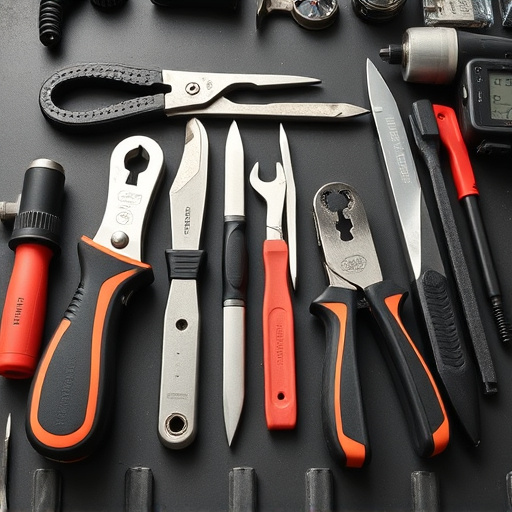
In insurance claim management, effective communication strategies are paramount when disputes arise. The first step is to ensure clear and transparent dialogue between all parties involved—insurers, claimants, and repair facilities. This includes providing detailed explanations of policies, coverage limits, and the rationale behind decisions or rejections. Active listening is another crucial aspect; understanding the claimant’s perspective fosters empathy and encourages collaboration towards a mutually agreeable solution.
For complex cases involving vehicle paint repair or car body restoration, employing specialized communication channels can enhance efficiency. This might include dedicated customer service hotlines, secure messaging platforms, or even virtual meeting tools to facilitate real-time discussions. By adopting these strategies, insurance claim management teams can streamline dispute resolution processes, ensuring better customer satisfaction and more timely completion of vehicle repair services.
Insurance claim management disputes can be complex, but understanding escalation triggers, the roles of underwriters and adjusters, and employing effective communication strategies are key to a successful resolution. By recognizing early indicators and implementing these tactics, professionals in the industry can navigate escalations seamlessly, ensuring a positive outcome for all parties involved. This approach fosters a more efficient insurance claim management process, enhancing customer satisfaction and retention.








